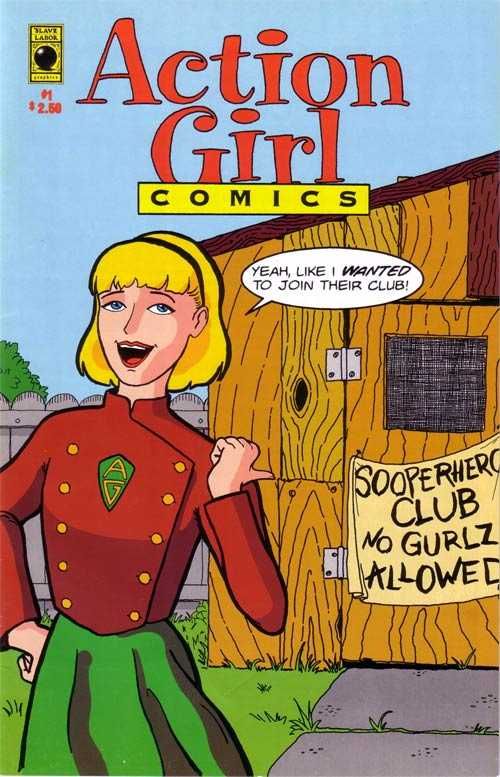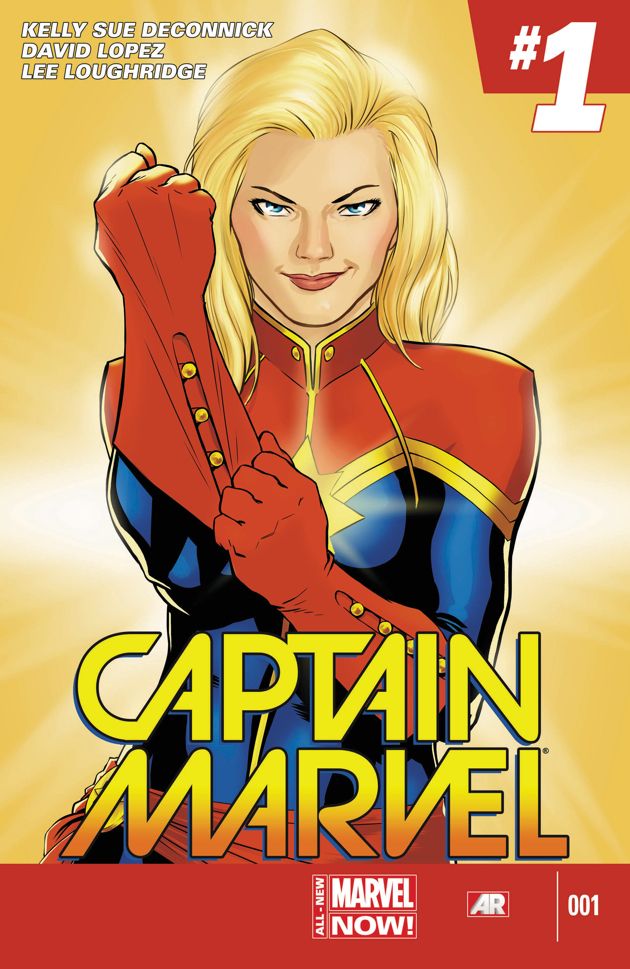Sarah Gaydos walked into a comics shop and found a comic that spoke to her, just through its title: "Action Girl."
"It was simple enough that it had 'girl' in the title, and I was like, 'Oh ... something for me," said Gaydos, whose love of comics eventually led her into an editorship at IDW, after her tenure editing at Wildstorm and DC Comics.
That something that simple can change readers' lives was acknowledged Friday at Emerald City Comicon's "Broadening Comics Readership" panel, a panel focused on how audiences can be enlarged simply by reflecting those audiences -- straight, LGBT, white, African-American, the whole range -- in comics publications themselves.
"The message that we send when we don't represent the broader culture in our stories is that 'You are other,'" said Kelly Sue DeConnick, writer of Marvel's "Captain Marvel" title and "Pretty Deadly" at Image. "... As a community, as an organism, it is a thing that makes us ill. It is actually bad for us."
The Seattle panel assembled a crew of creators and industry vets who've been outspoken on the topic, including writer Greg Rucka, journalist and former DC editor Janelle Asselin, creator and editor Sina Grace, and comics writer, editor and journalist Rachel Edidin. The talk dealt largely with creating and publishing characters of varied gender, ethnicity and sexuality, but also broadened into the retail experience that can lead many potential customers -- mostly women -- to turn away from comics in disgust.
Grace, artist of "Lil' Depressed Boy" and author-illustrator of "Books With Pictures," said he felt enthusiasm for superhero comics as a kid, but some alienation, too.
"There were characters I always loved growing up, but I never thought I could grow up and be that," Grace said, citing Batman and Robin as a particular example. "'Well, they technically have black hair like me, but they're not brown-skinned like me.'"
Rucka, long an advocate for advancing characters outside the white straight male paradigm, encouraged fans to take their business elsewhere when comics don't offer complete representations of their readerships.
"I'm going to be crass and say it's stupid business. And we see publishers doing this all the time, and even taking steps back -- saying, 'Oh, you were welcome here, and we're going to remove those characters now.'"
Rucka, who is Jewish, recalled being thunderstruck at the revelation that "X-Men" breakout star Kitty Pryde was also a Jew. "That moment of inclusion, for a person who isn't really excluded in the main from the culture, was really profound for me," Rucka said. "... I'm from the privileged class, 98 percent of the time. But that moment of a sort of window opening -- I've always remembered that."
"Comics are for everybody," said Seattle comics retailer Sabrina Taylor, "and that the people that are making them represent everybody is very important."
The criticisms concerning representation were largely addressed to Marvel and DC, who hold the greatest market share.
"For a long time, DC was like, 'We're really feminist, because we have Gail Simone!'" Edidin said. "'And, like, 700 dudes. But, Gail Simone!'"
DeConnick said she's had a supportive experience writing "Captain Marvel" for the company of the same name. "I do actually feel like -- albeit for financial reason -- but I do think that at Marvel things feel a little different, like Marvel is noticing."
She pointed to the relaunch of "Captain Marvel," formerly "Ms. Marvel," with a new first issue despite its lesser sales numbers. "Marvel books in the low [20,000]s get canceled. We got outsold by 'Red She-Hulk.' ... And they let us keep going. They not only let us keep going, they supported us."
But as Rucka said, "For every 'Ms. Marvel,' there's everything that DC put out."
Panelists urged retailers to make their stores, often criticized for hostility to women comics customers, more welcoming for all buyers. "If you walk into a store, that experience is an immediate impression, and that impression goes a million miles," Rucka said. "There's an onus on the retailer to make that moment, that entry, a positive experience."
"I still get nervous walking into comics shops," Edidin said, "because there are a lot that aren't like that."



